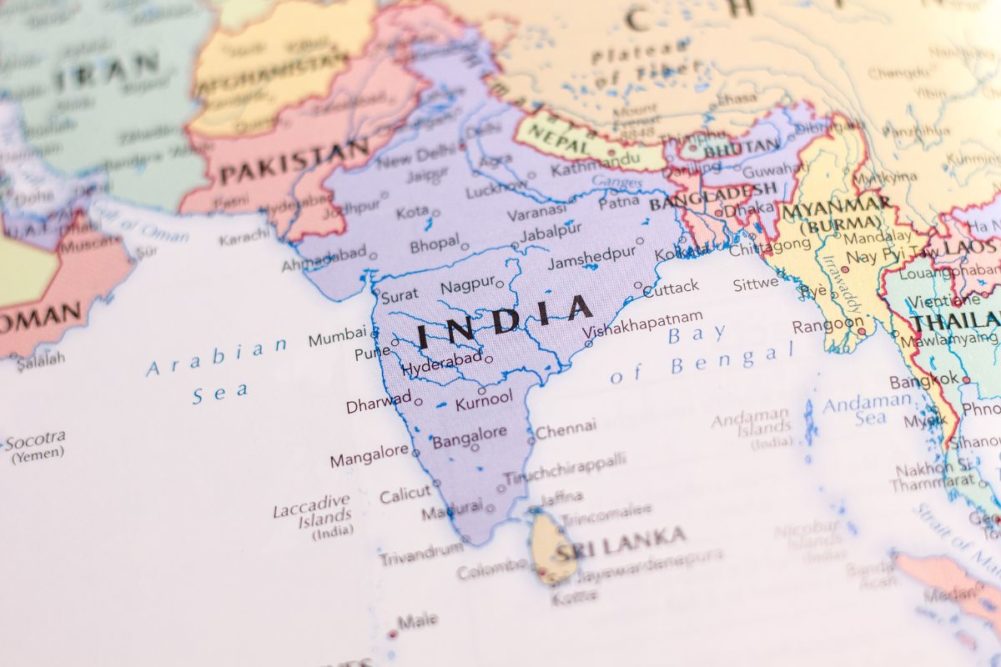NEW DELHI, INDIA — The government of India is launching a program to address a shortage of grain storage infrastructure, particularly at the local level, and strengthen the food security of the world’s most populous country.
The Union Cabinet chaired by Prime Minister Shri Narendra Modi approved an Inter Ministerial Committee (IMC) on May 31 to facilitate the “World’s Largest Grain Storage Plan in Cooperative Sector,” program, which entails setting up a variety of agricultural infrastructure, including warehouse, custom hiring center and processing units at the level of Primary Agricultural Credit Societies (PACS), transforming them into multipurpose entities.
The IMC brings together programs from the Ministry of Agriculture and Farmers Welfare, Ministry of Consumer Affairs, Food and Public Distribution, and Ministry of Food Processing Industries under the auspices of the Ministry of Cooperation to implement a pilot project to provide insights from 10 selected districts that can then be expanded nationwide.
PACS are the lowest tier of the Short-Term Cooperative Credit (STCC) structure in the country, providing short-term and medium-term credit and other input services such as seed, fertilizer, pesticide distribution and more to about 130 million farmer members.
Within its diversified agriculture sector, India produces wheat, rice, corn, millet, sorghum, barley and soybeans, almost exclusively for domestic consumption by its 1.4 billion people. It is the world’s second-largest producer of wheat and rice behind only China.
The multipronged plan foresees creation and modernization of grain storage infrastructure at the PACS level reducing food grain waste by creating sufficient storage capacity, strengthening food security and enabling farmers to realize better prices for their crops.
“In view of the important role played by PACS at the grass-roots level in transforming the agricultural and rural landscape of Indian economy and to leverage their deep reach up to the last mile, this initiative has been undertaken to set up decentralized storage capacity at the level of PACS along with other agri-infrastructure, which would not only strengthen the food security of the country, but would also enable PACS to transform themselves into vibrant economic entities,” the government said.





